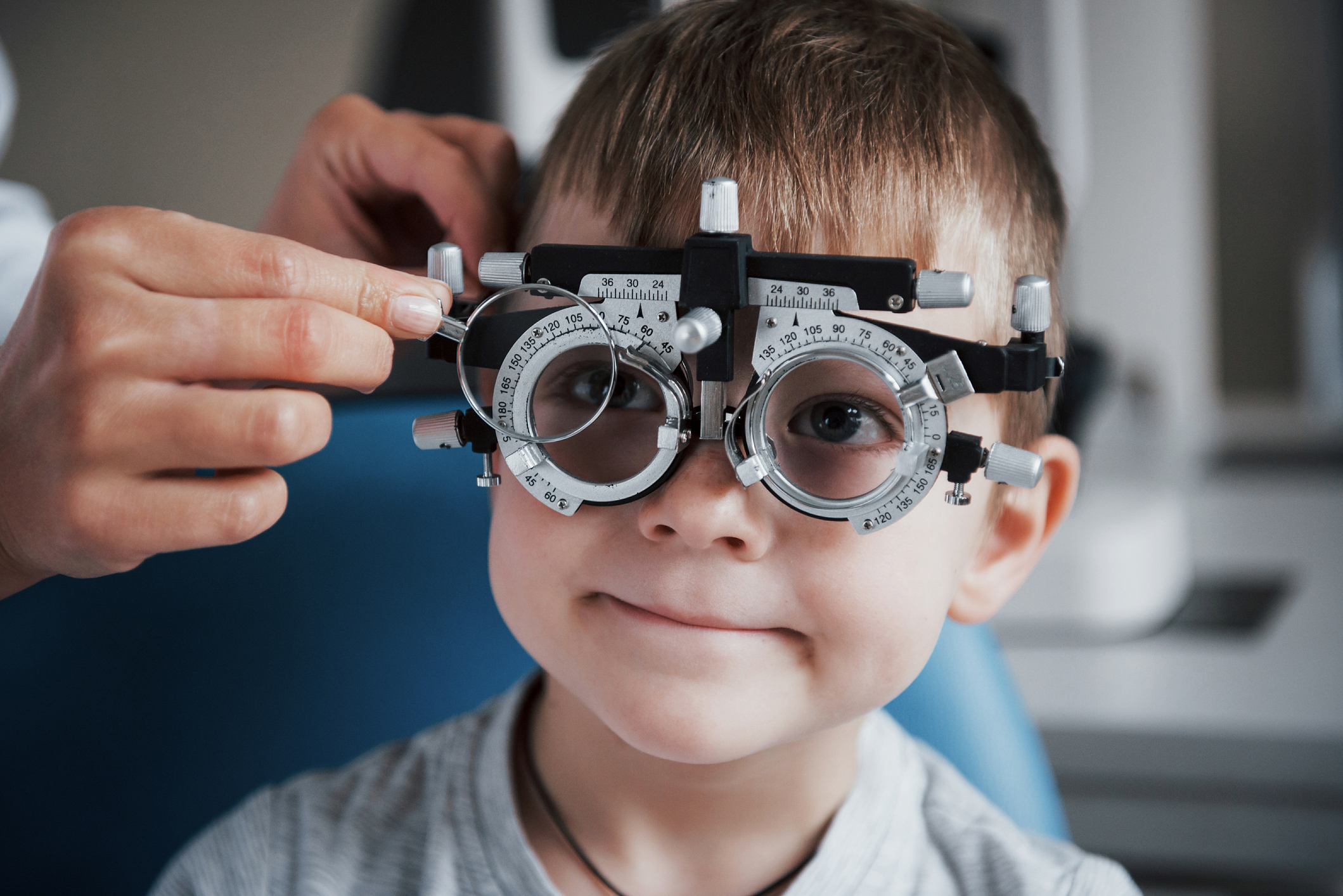A vision screening is a more efficient eye exam. A child is "screened" for eye problems and typically referred to an ophthalmologist like Mid Atlantic Physicians for a comprehensive exam if needed.
Your child's vision can be screened by a:
- pediatrician
- family physician
- ophthalmologist
- or other properly trained health care provider
Screenings are also offered at schools, community health centers, or some community events.
A comprehensive eye exam diagnoses eye disease. Eye drops are used to dilate (widen) the pupil during the exam. This gives your ophthalmologist a fuller view inside the eyes. With dilation and other special testing, signs of eye disease are more evident. The American Academy of Ophthalmology advises parents to seek a comprehensive eye exam if:
- their child fails a vision screening
- vision screening is inconclusive or cannot be done
- referred by a pediatrician or school nurse
- their child has a vision complaint or observed abnormal visual behavior, or is at risk for developing eye problems. Children with medical conditions (such as Down syndrome, prematurity, juvenile idiopathic arthritis, neurofibromatosis) or a family history of amblyopia, strabismus, retinoblastoma, congenital cataracts or glaucoma are at higher risk for developing pediatric eye problems.
- their child has a learning disability, developmental delay, neuropsychological condition, or behavioral issue.
As always, our staff and Eye MDs at Mid Atlantic Eye Physicians are here to help should you have questions regarding your child's vision.
Source: The American Academy of Ophthalmology and the American Association for Pediatric Ophthalmology


